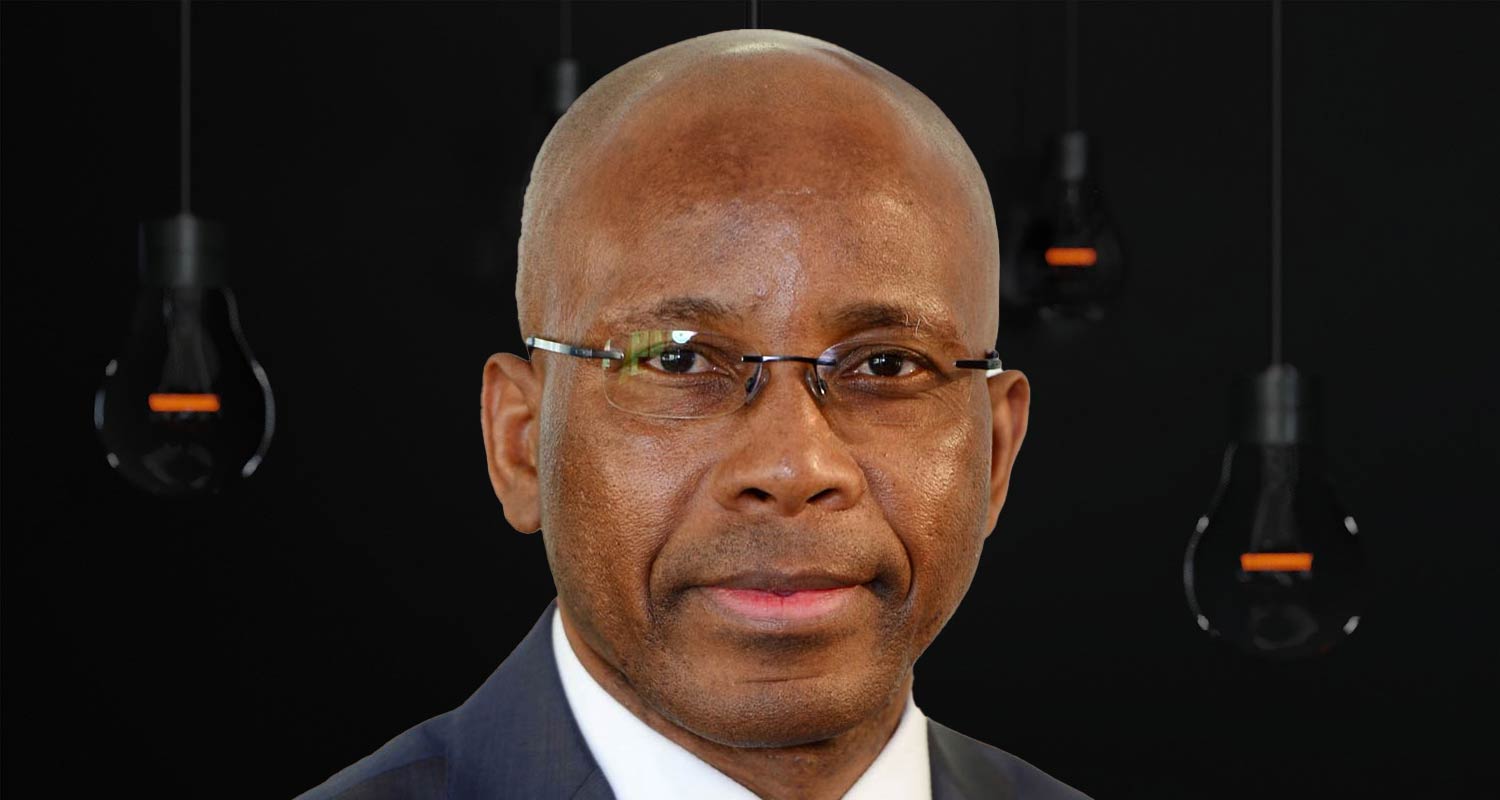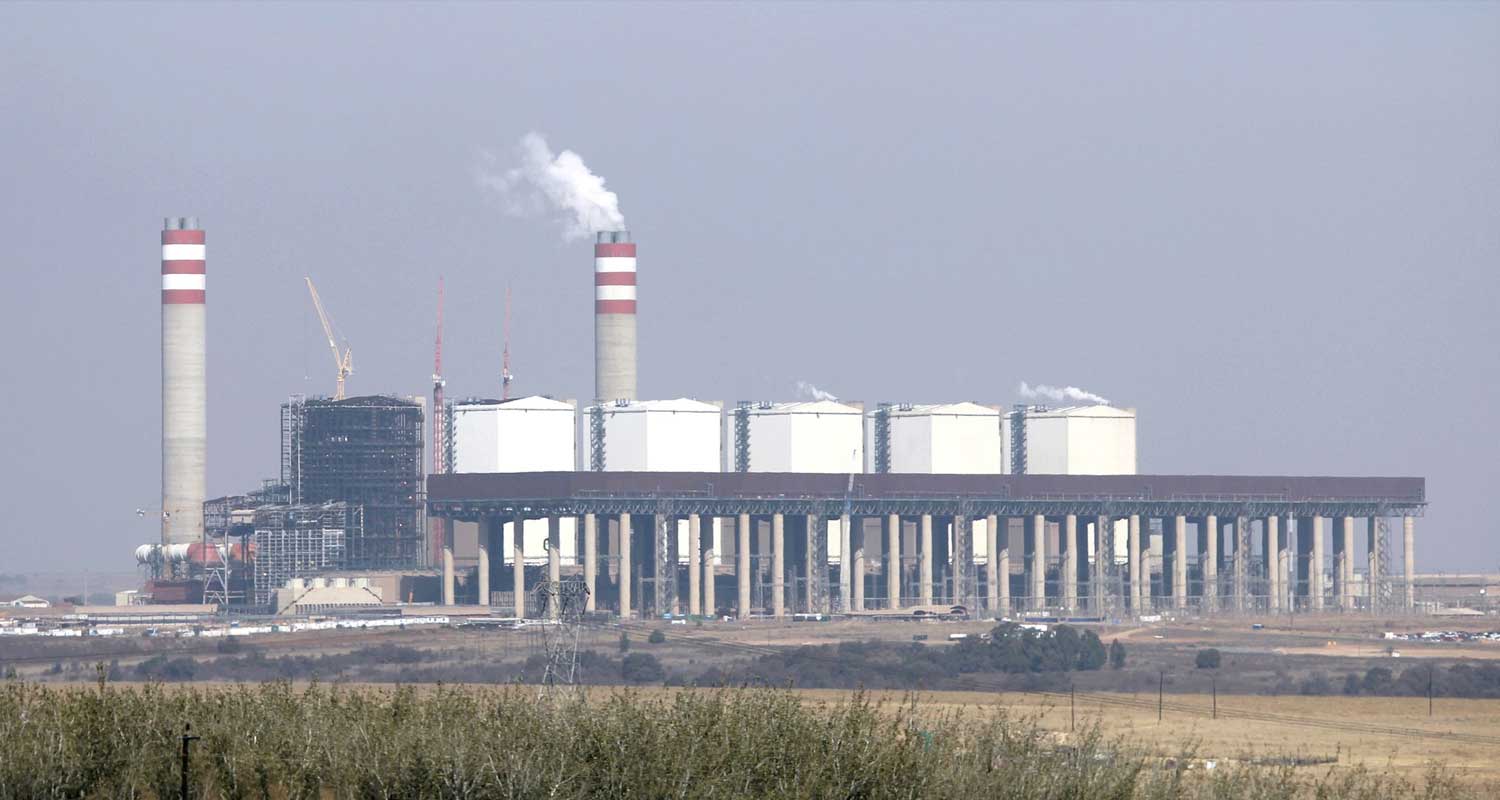
Eskom board chairman Mteto Nyati has slammed media reports describing state-owned power utility Eskom’s improvement in its generation capacity as a “miracle”.
For the past two years, Eskom has engaged in what Nyati described as a “deliberate” maintenance drive. It’s this drive, and not some miracle, that has resulted in South Africa enjoying 148 days – or five months – without load shedding.
“Describing Eskom’s turnaround as a miracle undermines the effort that went into changing the situation for the better,” Nyati said in a lecture to University of KwaZulu-Natal students on Friday.
“I think sometimes it’s deliberate because of the way I and other people on the team look; if we had a different skin tone, maybe we would be given the credit. But if you are black, society does not expect much of you and they start saying things like ‘they must be burning diesel’ and the like.”
Nyati likened the use of the term “miracle” to reporting about South Africa’s transition to a constitutional democracy in the mid-1990s.
“That was never a miracle. A lot of people thought about how to get the country out of the challenges we were facing. Some advocated for armed struggle while others saw a more peaceful way. We can never undermine the work people had to do to convince everyone else about the right path.”
In the lecture, Nyati described the analytical approach taken by various stakeholders in efforts to turn around Eskom’s fortunes.
New board
He attributed the genesis of the turnaround to former public enterprises minister Pravin Gordon’s hiring of the new board, which brought in the appropriate leadership capabilities. Leadership matters at board, executive committee, plant and regional level in Eskom, said Nyati.
“Sometimes you have an organisation of great individuals, and the leader makes them mediocre. You can have a leader that inherits a team that is mediocre and makes them great – the same team. Leadership matters!” he told the UKZN students.
Read: Eskom’s extraordinary turnaround
Key to initiating an effective turnaround strategy was the leadership team’s ability to better understand the problems at Eskom. Nyati said that initially the board tried to get a picture of the organisation by speaking exclusively to management, but it was only after extensive workshops and site visits to power stations that the real problems became clear.
“The insight we got changed completely how we wanted to approach this challenge. We tend to think that purely by appointment we have answers to problems, but the answers lie with the people on the ground because they are the closest to the problem,” said Nyati.

Of the myriad issues facing Eskom – including debt, dysfunctional organisational culture and a skills deficit – the company’s leadership team singled out the unreliability of the generation fleet as its most pressing issue. To turn this around, said Nyati, an assessment of the skills and capabilities at various levels of the organisation was done to ensure the right people were in place to execute the new strategy. This included hiring Dan Marokane as CEO, replacing André de Ruyter.
For Eskom to improve the reliability of its generation fleet, much capacity had to be taken offline for maintenance. This led to higher levels of load shedding from mid-2023, with the public and the media ramping up their criticism of the utility.
‘Stick to its guns’
According to Nyati, the Eskom team had to “stick to its guns” during this period. When power station generating units were gradually brought back into the system in time to bolster generation ahead of the 2024 winter season, the public was rightfully sceptical, and Nyati took to the media to allay fears that Eskom was overrunning its diesel-burning open-cycle gas turbines to keep the lights on ahead of the 29 May general election.
He acknowledged that Eskom still has some way to go in fixing the culture at the company and dealing with its debt. Constraints in transmission capacity are another major challenge, he said. “The problems of Eskom are many and we need to look at them from various angles.” — (c) 2024 NewsCentral Media

